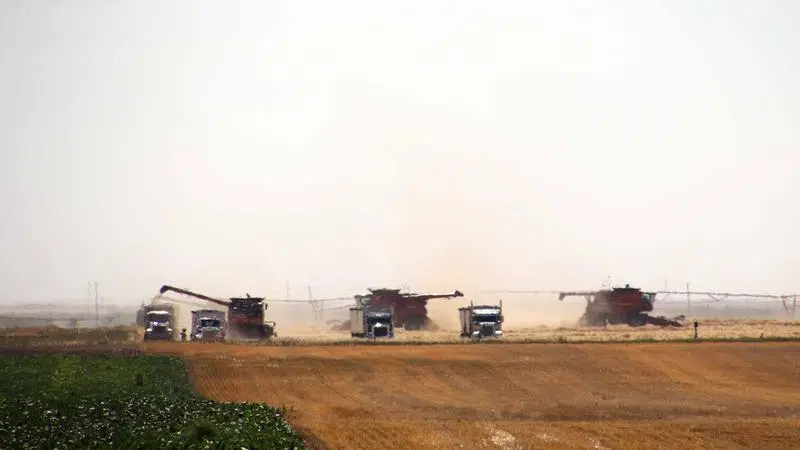
Farmers can still bring in temporary foreign workers, but may need locals more than ever
LETHBRIDGE, AB – Farmers across Southern Alberta and Canada have expressed their concerns about whether or not they will be able to get enough workers for this year.
Due to the COVID-19 pandemic, the federal government has announced travel restrictions on those entering the country and limiting the number of airports that can accommodate international flights.
Since then, the federal government has clarified that seasonal agricultural workers are exempt from these restrictions. More details are available at the bottom of this article.
LNN spoke with Mary Robinson, the President of the Canadian Federation of Agriculture (CFA).


